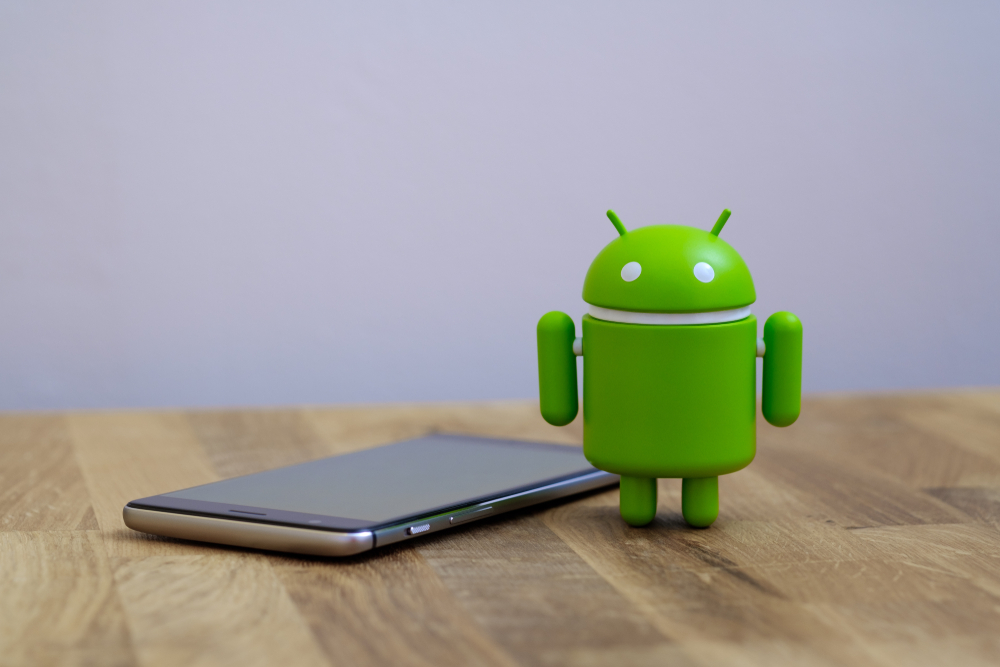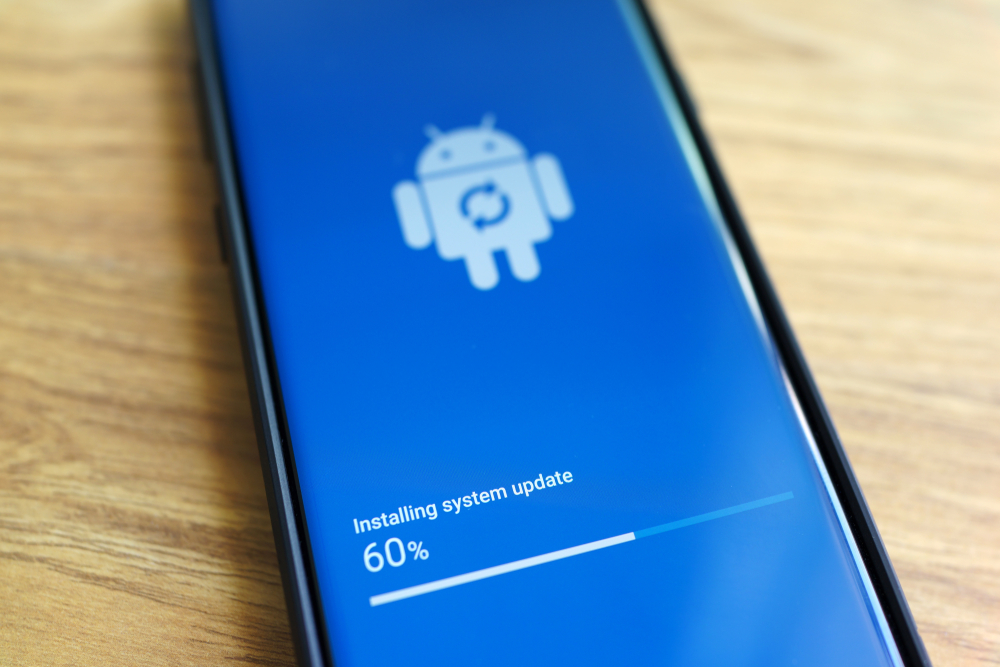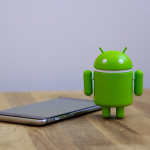Android Hacks to Boost Your Phone’s Performance

When you hear the name ‘android’ today, the first thing that comes to mind is mobile phones and their technology. A lot of Android users, however, do not know that the Android OS was first developed to improve the functionality of digital cameras. According to sources, the Android Company later changed its trajectory from digital camera OS development to mobile phone development, which was the reason they were acquired by Google. This resulted in the eventual release of the first beta version of an Android OS in 2007 that would later become what is known as Android 1.0 to be released the following year.
What a Long Strange Trip it’s Been
Though the subtitle of this section is a line from a Grateful Dead song (which probably has little or nothing to do with android unless you find some connection between the band, Silicon Valley, and micro-dosing), this is exactly what it’s been for android. A long strange trip!
Having released ten different versions of the operating software and over 20, if we’re counting updates, Google has worked consistently to improve the features android offers users.
Android Phones Today
The Android operating system has blown up today with over 2.5 billion devices relying on the Android OS globally to function. Some of the reasons behind android’s success include hardware diversity, a free market system, and a strong community of developers. Market statistics testify to this, showing that the Android operating software is far more popular than iOS and even Windows.
The good news for Android users here is that the Android OS is going nowhere and will likely evolve and improve in the years to come.
How to Boost My Android Phone’s Performance?
As techies and mobile device users, something we’re always looking for is ways to better our user experience and boost our phone’s performance. With the new software, apps, and features being introduced from one day to the next, improving phone efficiency is key.
To make things simple, some of the things that would come under the umbrella of Android phone performance include phone speed, usability, and overall convenience. We’ve listed a few useful ways that you could help boost the performance of your Android phone.
De-Clutter your Screen
Like with PCs, your phone’s desktop is also the front of your device’s user interface and has the tendency to become overcrowded. This can sometimes result in glitches, which is why we suggest you de-clutter your desktop.
Move apps that you rarely use to folders and delete those that you feel are just sitting there for nothing. Apart from this, avoid moving, or animated desktop backgrounds as these can hinder performance and also take up power.
Clear Cache/App Data
Another area where data is stored in your phone is your phone’s storage as cache files and app data. The thing about your cache is that data is stored for app usage optimization. However, a lot of the data is redundant. Very often, your phone cache or app data might fill up and end up needlessly taking a lot of space that could be put to good use.
Clearing your cache and app data regularly helps free up space and keeps your Android device running smooth.
Get an Update

The first and most obvious performance booster for any Android device is an update to the latest in Android software. Updating your software gives you access to better security protocols, better speeds, and an overall increase in device efficiency. The updated software will also offer you new features that will help optimize everything from regular phone use to photo taking and gameplay.
If you’re someone who is using an extremely old device and cannot upgrade to the latest software over the air, rooting your phone is something that may help allow you to upgrade regardless of restrictions. That said, phone rooting is illegal and can cause complications if you don’t know what you’re doing.
Reduce Bloatware
When you purchase a new phone, you might notice a lot of sideline apps that are pre-installed with the same. These apps are referred to as bloatware and are, in many cases, far from necessary. Further, a lot of these apps may be useless depending on who you are and will simply sit in your device, taking up space and dampening performance. You might need to root your device in order to remove some of the bloatware, but again, think carefully before you do this. If your device is new, we certainly discourage rooting!
Reducing bloatware helps you clear space and speed up your phone in the process. Just make sure you don’t mistake any of your phone’s default apps for the former!
Apart from bloatware, it also helps to delete any other apps that may not be used often and simply take up space.
Avoid Auto-Sync
Auto-sync, for the most part, is something that is meant to make our lives simpler. Unfortunately, this also involves unsanctioned data exchanges and downloading of data that can crowd your phone storage if not checked.
Apart from clearing app data and cache, switching off your auto-sync feature is something we recommend. This helps in two ways. The first; your phone won’t accumulate large amounts of needless data. The second; your phone processor won’t be occupied undertaking the same, especially when you need it for other tasks and functions.
Battery Optimization
What good is an android device without power? We would be missing out on important information if we didn’t offer tips for battery optimization. If you want to make sure your battery is always running and charged, the obvious method is to carry a portable charger.
The other way to extend battery life is to manage power usage. This could be done in a number of ways. You can turn on power-saving mode, which optimizes battery use. Other methods include decreasing screen brightness, turning off Wi-Fi or mobile data when not in use, and clearing all background processes when you’re done using apps. All of this should help you extend your overall battery life by a bit.
Memory & SD Cards
We all have a whole lot of data stored on our phones, and with all the memes, selfies, and social media updates, it’s not a surprise that our data storage needs are high. When the built-in data capacity of your Android phone falls short, the next step is to put in and use a memory card.
If you do have to use one, we recommend a high-speed memory card to ensure that your phone speed is not reduced. Apart from this, formatting your memory card is essential as unformatted memory cards may corrupt your phone’s SD card resulting in hanging and other glitches.
Disable Animations and Notifications
Both phone animation and notifications can be useful but take up processor capacity and power. If you’re not someone who needs these, android allows you to disable both. Doing so will likely help give your phone a minor performance lift.
In Conclusion
There may be other tips and tricks you could use to help boost your Android phone’s usability and efficiency. However, those listed here are the most useful. Stay tuned for more updates on the world of android, iOS, and tech in general. Till next time!



